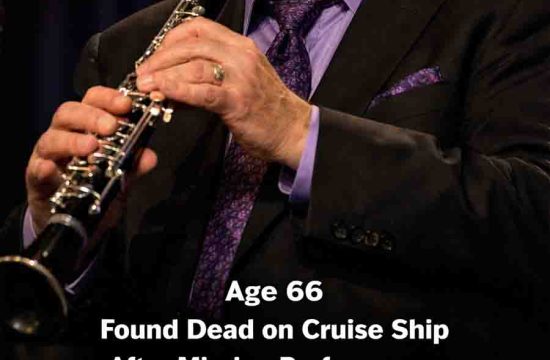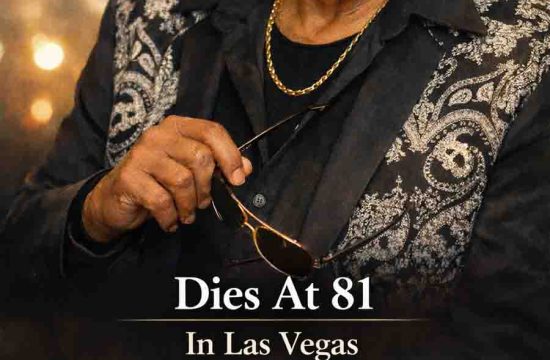🔍 What’s the Controversy?
In 2001, Melania Trump (then Melania Knauss) was granted an EB‑1 “extraordinary ability” green card—often nicknamed the Einstein visa. This category is typically reserved for individuals with acclaimed achievements like Nobel Prizes, Olympic medals, Pulitzer Prizes, or discovery-level scientific contributions.
However, during a June 25 House Judiciary Committee hearing, Representative Jasmine Crockett questioned Melania’s eligibility:]
“Last time I checked, the first lady had none of those accolades under her belt… It doesn’t take an Einstein to see that the math ain’t mathin’ here.”
Critics argue her modeling career lacked the sustained international acclaim typically required for such a visa.
🗣️ The Political Flashpoint
-
Timing and tone: Crockett’s critique came as President Trump is pursuing aggressive immigration crackdowns, making his own family’s immigration history a glaring contradiction.
-
Legal standards vs. optics: While legal experts stress the EB‑1 criteria are broad and include non-Nobel-level achievements, critics say Melania’s rise in modeling and the high-profile GQ cover aboard Trump’s jet may have been leveraged to “frame” her achievements appropriately.
-
Accusations of double standard: The fact that she later sponsored her parents under family‑chain migration—while her husband calls to dismantle it—adds to the perceived hypocrisy.
📜 Context and Defense
-
Legal basis: U.S. immigration law defines “extraordinary ability” to include fields like the arts. While Nobel-level awards aren’t required, applicants must still show national or international acclaim.
-
Expert opinions: Immigration lawyers caution that EB‑1 approval has become more structured in recent years, but back in 2000–2001, subjective framing by attorneys—such as providing strong recommendation letters—could effectively support borderline cases .
-
Strategic narrative: Melania’s legal team has publicly maintained she “was more than amply qualified,” though they’ve declined to release detailed documentation of her EB‑1 application.
🧭 Why This Is a Challenge for Her
-
Credibility and integrity: As a public figure tied to controversial immigration policy, questions about her own immigration process undermine her and her family’s messaging.
-
Political leverage: Opponents use this episode to highlight perceived inconsistency in enforcing or supporting immigration standards.
-
Amplified scrutiny: Media coverage, GOP-led immigration raids, and public hearings keep dragging this into the spotlight—forcing her back into a debate she’d likely wanted to avoid.
🎥 Key Moment from the Hearing
Here’s a video clip where Rep. Crockett confronts Melania’s legal standing during the hearing:
📰 Bottom Line
-
Not illegal, but highly political: There’s no public indication Melania violated U.S. law when she obtained the EB‑1 visa.
-
Subjective criteria: The EB‑1 system allowed leverage by experienced attorneys spotlighting achievements—even modest ones—as “extraordinary.”
-
Reputational burden: Whether or not the visa was technically valid, being portrayed publicly as an unearned privilege threatens her image—especially amid broader immigration tensions.












Donald The Chump wants the American People to tolerate him putting his discussing face besides 4 of the most important, righteous, impressive, truth speaking, historical former Presidents of the United States. I’d like for everyone reading this to give their thoughts on a YES OR NO.